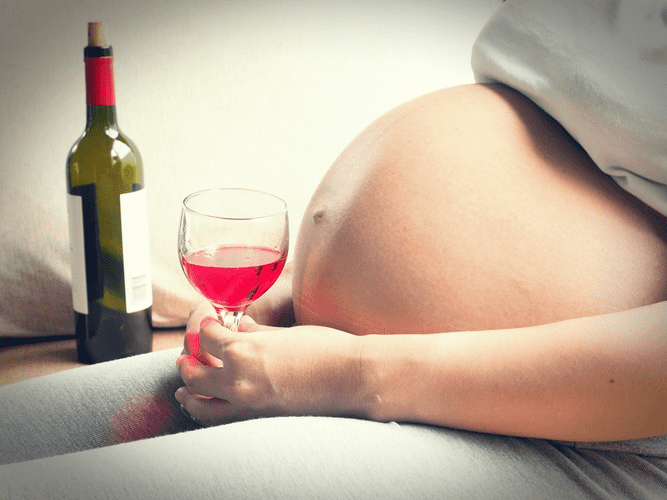Content
Changing bad habits of any kind takes Alcohol Relapse, and thinking about success and failure as all-or-nothing is counterproductive. Setbacks are a normal part of progress in any aspect of life.

Take time out for yourself, treat yourself with compassion, and let yourself have fun. Let’s look at it without the context of drugs and alcohol.
How do I know what are high-risk situations?
With proper guidance from a mental health professional, and in some cases with the aid of prescribed psychotropic medications, individuals can live a thriving life with a mental health diagnosis. These patient descriptions illustrate several points about stress and motivation for alcohol use that are relevant from a clinical perspective. The first vignette is an example of an interpersonal stress situation that is a typical precipitant of relapse. These clinical situations raise many questions about the role of stress in drug seeking and relapse susceptibility. One such question is whether stress and alcohol cues provoke similar drug craving states that may be targeted in treatment. These vignettes provide anecdotal evidence; research is needed to address the question of whether craving and stress-related arousal are predictive of relapse outcomes and whether stress causes relapse. The main article addresses each of these questions to elucidate how stress increases the risk of alcohol relapse.
Get professional help from an online addiction and mental health counselor from BetterHelp. Alcohol detox can be dangerous, so it’s crucial to understand the best ways to take care of alcohol withdrawal symptoms that may occur during detox. Some people may be at greater risk of developing an alcohol use disorder, which is why some can drink in moderation, while others struggle with drinking. Summertime can be hard for people who struggle with alcoholism. Getting out of a high-risk situation is sometimes necessary for preserving recovery. It’s possible to predict that some events—parties, other social events—may be problematic.
What Should I Do If I Relapse?
A slipup is a short-lived lapse, often accidental, typically reflecting inadequacy of coping strategies in a high-risk situation. In the past, the way an individual dealt with extreme anxiety and stress was to drink.
- It not only involves the body and our behavior, but also our emotions and our thoughts.
- A comprehensive evaluation of your medical, psychological, and social health as well as history and current substance use at intake by a licensed medical or addiction professional.
- Approximately 90% of alcoholics will relapse within four years, according to the National Institute on Alcohol Abuse and Alcoholism.
- From people in active recovery to advocates who have lost loved ones to the devastating disease of addiction, our community understands the struggle and provides guidance born of personal experience.
- Substance Use for Young Adults Explore individualized treatment programs that help young adults with drug abuse, detox, and rehab.
- Should a person make it to year three sober, their risk of relapse drops to about 10% for years three, four, and five.
Our compassionate admissions navigators are ready to help you or a loved one when you call our 24/7 addiction helpline. You have trouble making decisions or you make unhealthy decisions. It may be hard to think clearly and you become confused easily. You may feel overwhelmed for no apparent reason or not being able to relax. You begin to abandon the daily routine or schedule that you developed in early sobriety. You may begin sleeping late, ignoring personal hygiene, or skipping meals.
Stage 1: Emotional Relapse
By making https://ecosoberhouse.com/ful note of these, a treatment team can intervene quickly. Avoidance is an excellent coping strategy if you know that you are likely to run into danger. Of course, that requires understanding what your triggers are.

Ben has now been sober for 18 months and is committed to his new life and recovery. He says his new life is “wonderfully full”, qualifying it as taking one day at a time. He continues to attend to his recovery by staying connected to his support groups, the treatment centre and his 12-step community. The addiction recovery process after a relapse might be easier than early recovery. Withdrawal symptoms from substance or alcohol abuse can vary.

































































